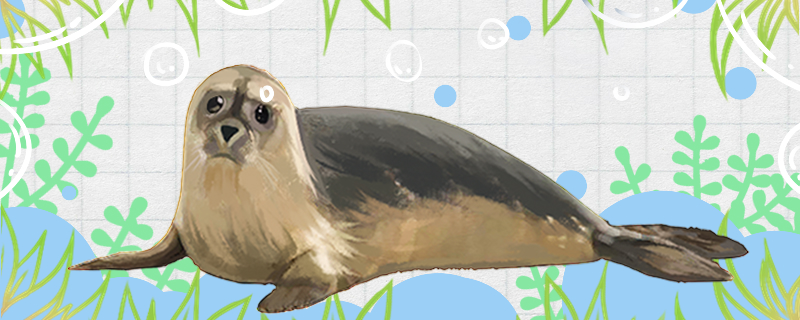
Seals are aquatic animals, most of which live in the ocean. However, seals can not stay in the water all the time, they need to come out of the water for air. This is because seals are mammals, they breathe with lungs, which makes them unable to breathe in the water, they can only come out of the water regularly for ventilation, otherwise they may drown in the water. Specifically, seals can swim for a long time after breathing together, unlike humans and many other terrestrial animals, which have to breathe continuously. However, even if they can persist for a long time, they will eventually need to breathe out of water to survive.
As mentioned above, because seals breathe with their lungs, they must come out of the water to breathe every other time, so as to ensure that they do not drown. Specifically, different species of seals can hold their breath for different periods of time. Some seals persist for a short time, breathing once in a few minutes, while others persist for a long time, lasting nearly an hour. For example, researchers have studied a species called "Weddell seal" and found that they can most often not breathe for 48 minutes, after which they must come out of the water to breathe.
Seals can persist in the water for a relatively long period of time without breathing because of their special body structure. For example, on the surface of seal lungs, there is a layer of active agent composed of special substances, so that seal lungs will be more flexible. In addition, the content of myoglobin in seals is relatively high, even if they do not breathe for a long time, they can work for a long time. In addition, when seals dive, their heart rate slows down, and their demand for oxygen decreases.